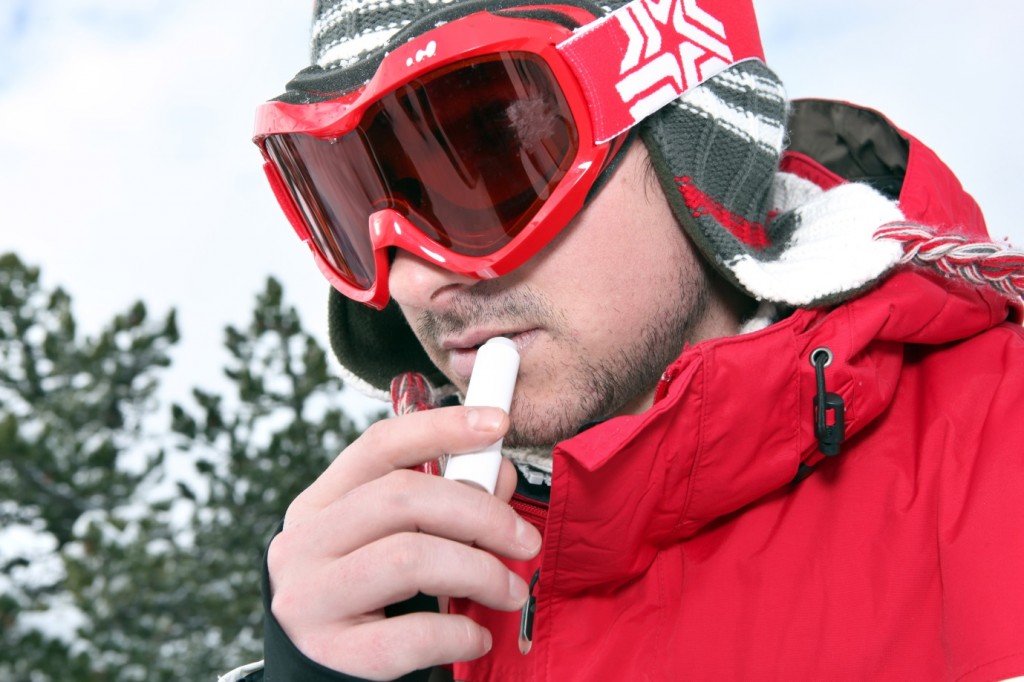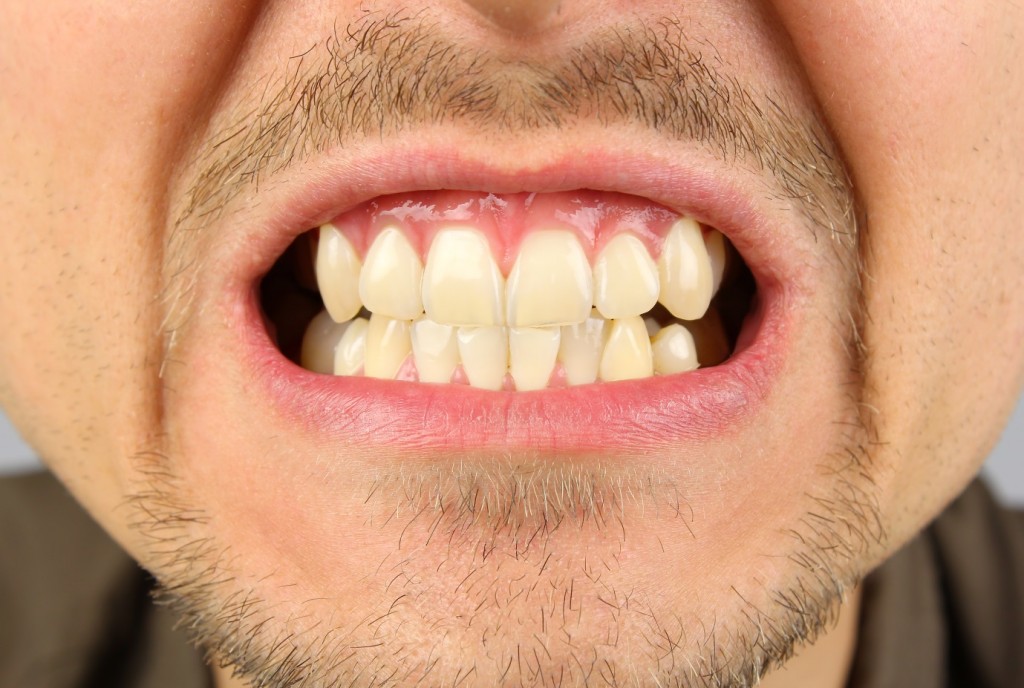What Does Your Mouth Say About You?
In much the same way that your diet can tell you a lot about your body and the lifestyle that you may be leading, your mouth is also a very good indicator of how healthy you might be. Here are some common issues that can affect your mouth, and what they have to say about you:
Bad breath
Bad breath can be an embarrassing issue, but the truth is that it can affect anyone at any age.
Bad breath can say many things, as the causes of it are varied. That said, the problem is usually caused by a lack of oral hygiene, as when bacteria builds up in your mouth, it can cause foul smelling breath.
Persistent halitosis however, can sometimes signal gum disease, which can also be caused by regular smoking and alcohol consumption.
Bad breath can be avoided by regular brushing of the gums and teeth, as well as flossing. By using a separate toothbrush or scraper, you can also clean your tongue. Keep an eye out for toothbrushes that offer a tongue cleaner on the back of the brush head.
Chapped lips
Although not the most dangerous condition in the world, chapped lips can cause great discomfort, especially during the winter months.
If anything at all, chapped lips indicate that you probably need to buy some lip balm containing either beeswax or petroleum. With this in mind, try and avoid lip balm contained within pots, as continually dipping with your finger can introduce germs to the gel.
Dry lips can be caused by a number of factors including exposure to wind, cold air, dry air and even the sun.
As much as it is tempting, try not to pick and peel away the skin, as irritating the lips could trigger a cold sore.
If you think that your lips are infected however, it is important that you see your GP, who will give you creams to treat the infection.
Yellow or white tongue
Again, although not serious, a white or yellow tongue could indicate a lack of oral hygiene.
This can happen when the surface of your tongue becomes colonised by bacteria or fungi, causing dead cells to become trapped between the tiny modules on the surface of your tongue.
It’s important to understand that this is not a disease, and with a tongue scraper or toothbrush, you can gently clean the material away in a matter of days.
If your tongue hurts however, or you are concerned about its appearance, you should see your GP.
Grinding teeth
If you constantly grind your teeth, and they are beginning to suffer, this could be an indication that you are stressed, and it is important that you find other ways of relief.
Otherwise known as bruxism, prolonged teeth grinding can cause serious pain and discomfort to both your teeth and jaw.
Interestingly, roughly 80 per cent of teeth grinding happens during sleep, but this can still put tremendous pressure on your mouth.
If you want to stop grinding your teeth, there are a variety of solutions without having to see your GP:
- Avoid alcohol and caffeinated food and drinks
- Do not chew on pen caps and pencils, as this could get your jaw muscles used to the motion, making it easier for you clench your teeth unawares.
- Try and train yourself not to grind your teeth. One way of avoiding this is by positioning the tip of your tongue between your teeth.
- Relax your jaw muscles at night by holding a warm washcloth against your cheeks.





